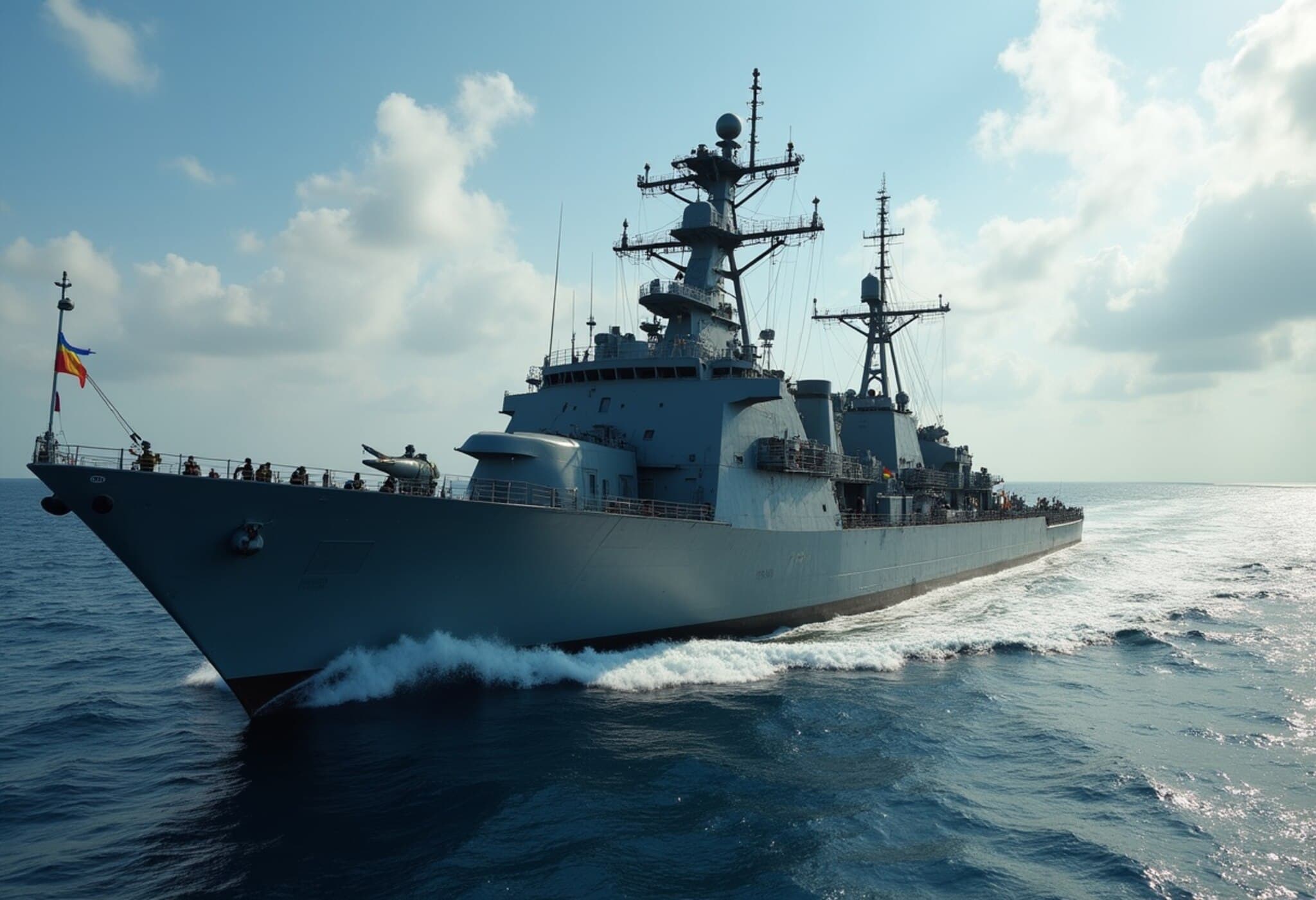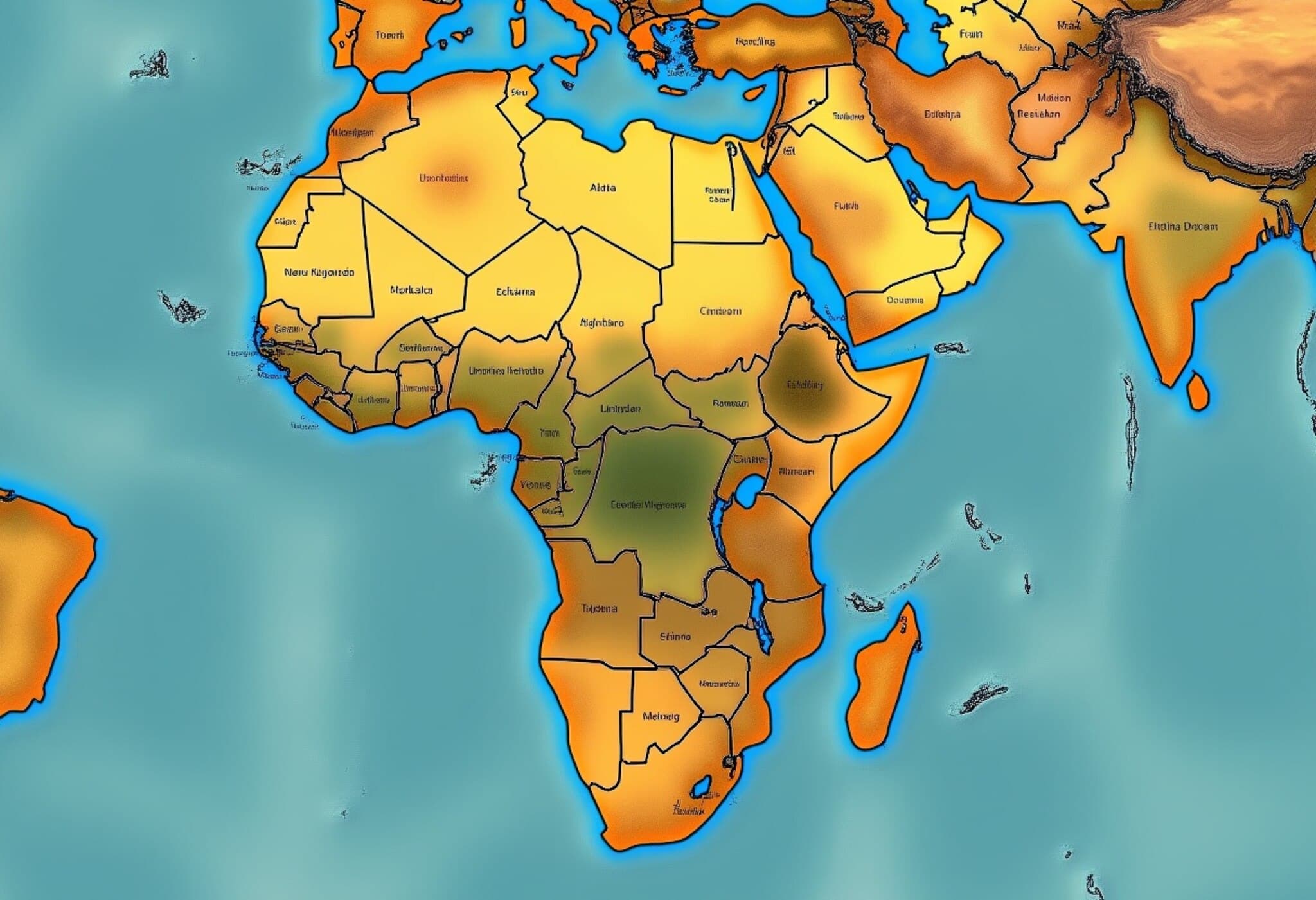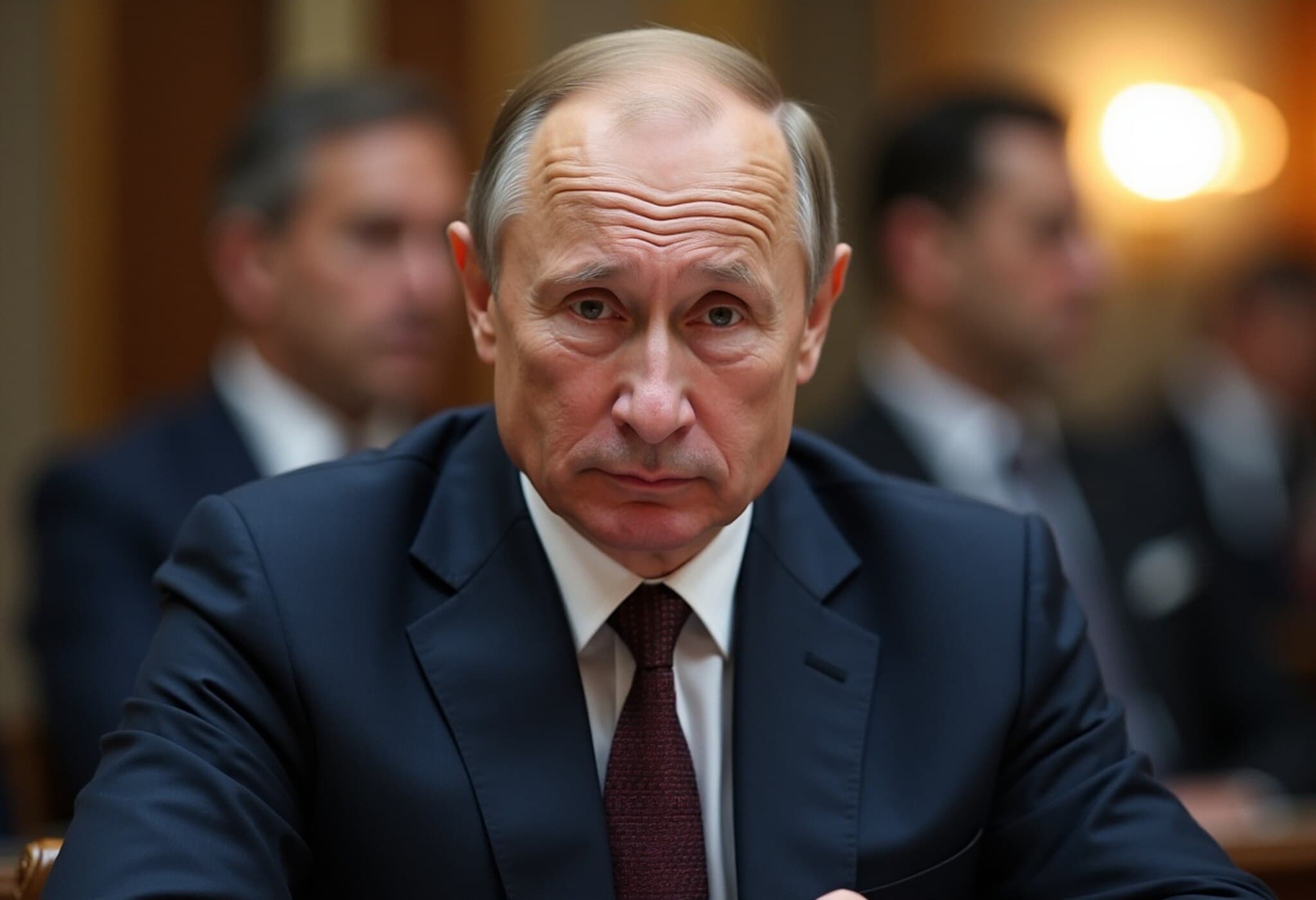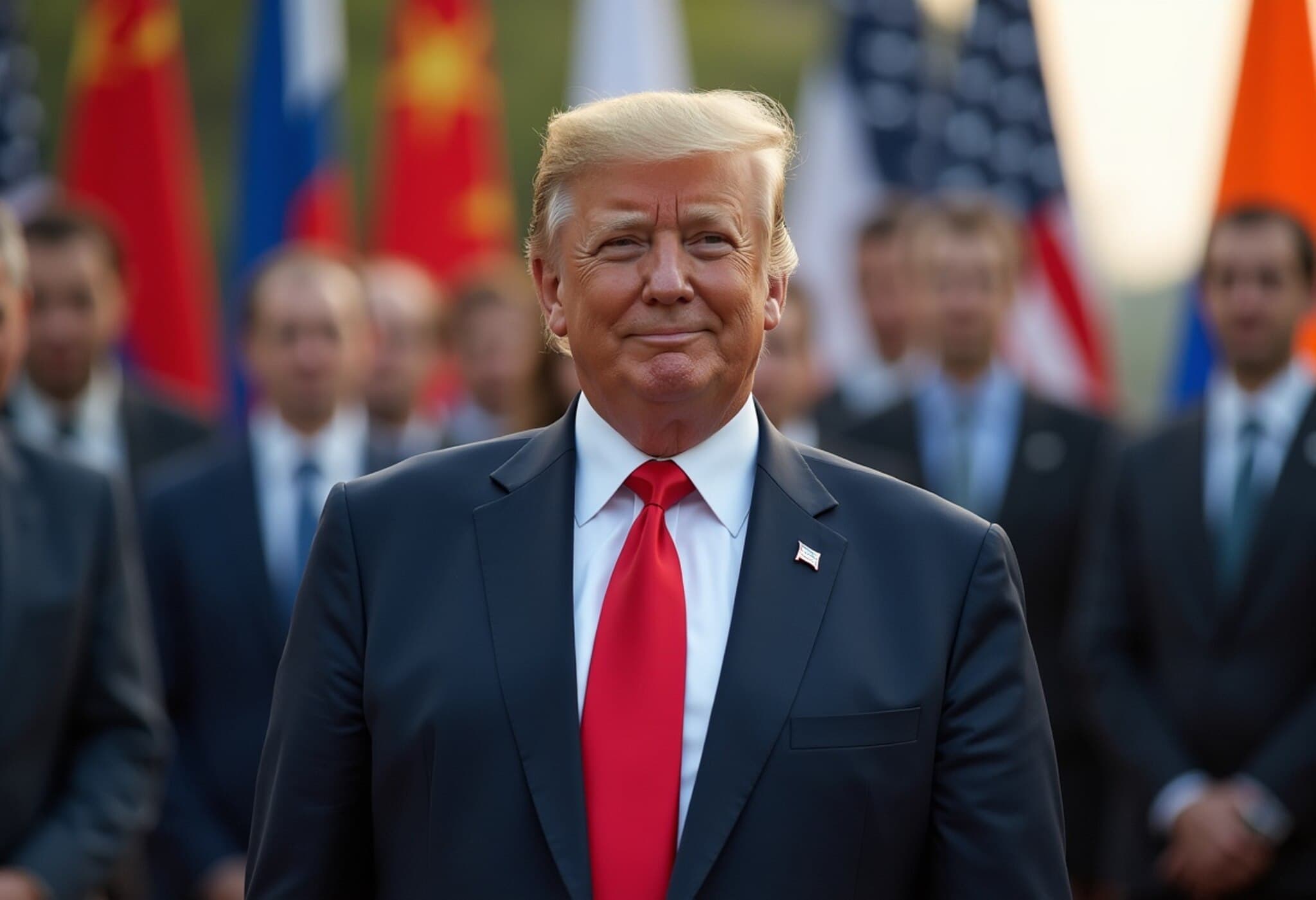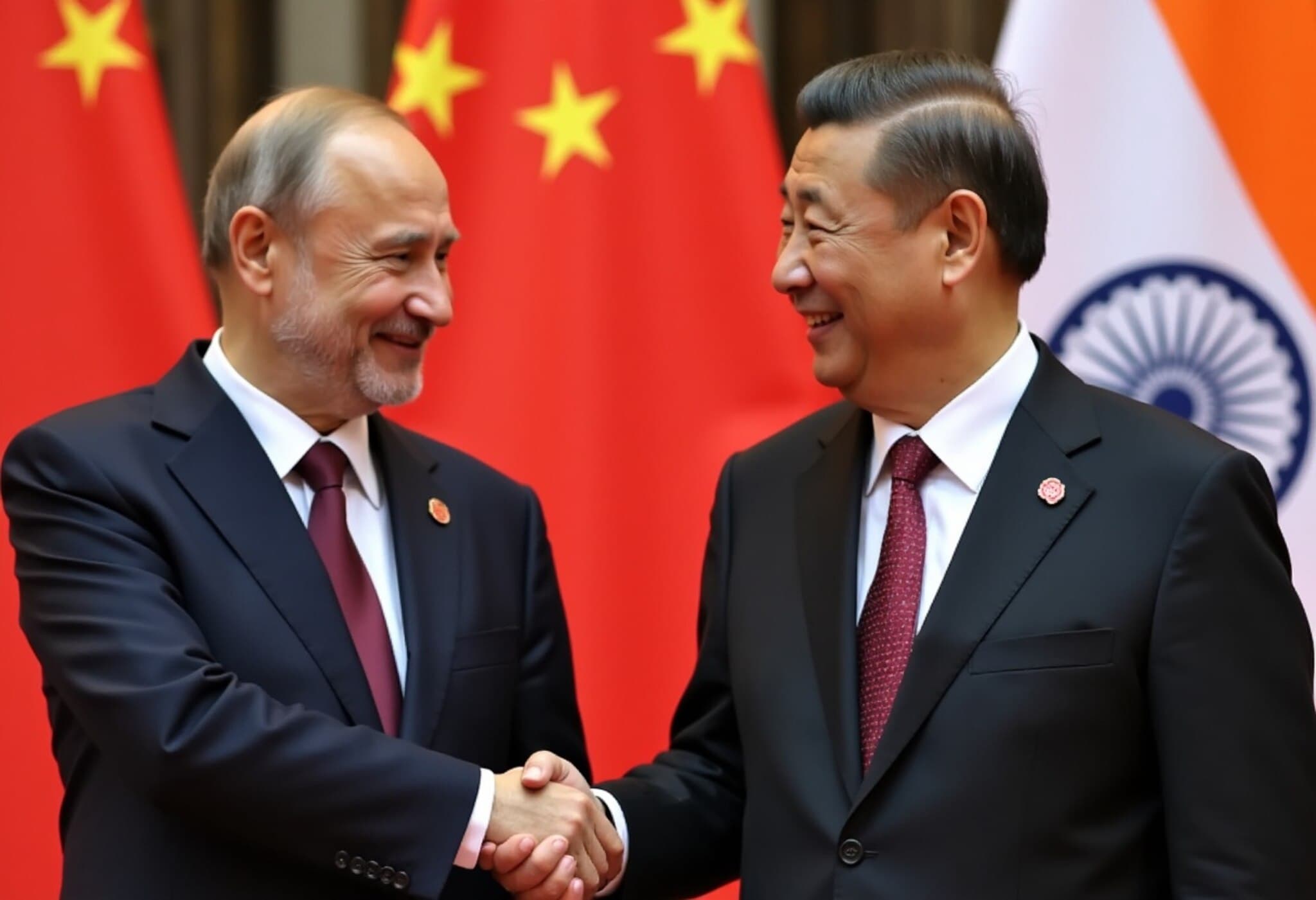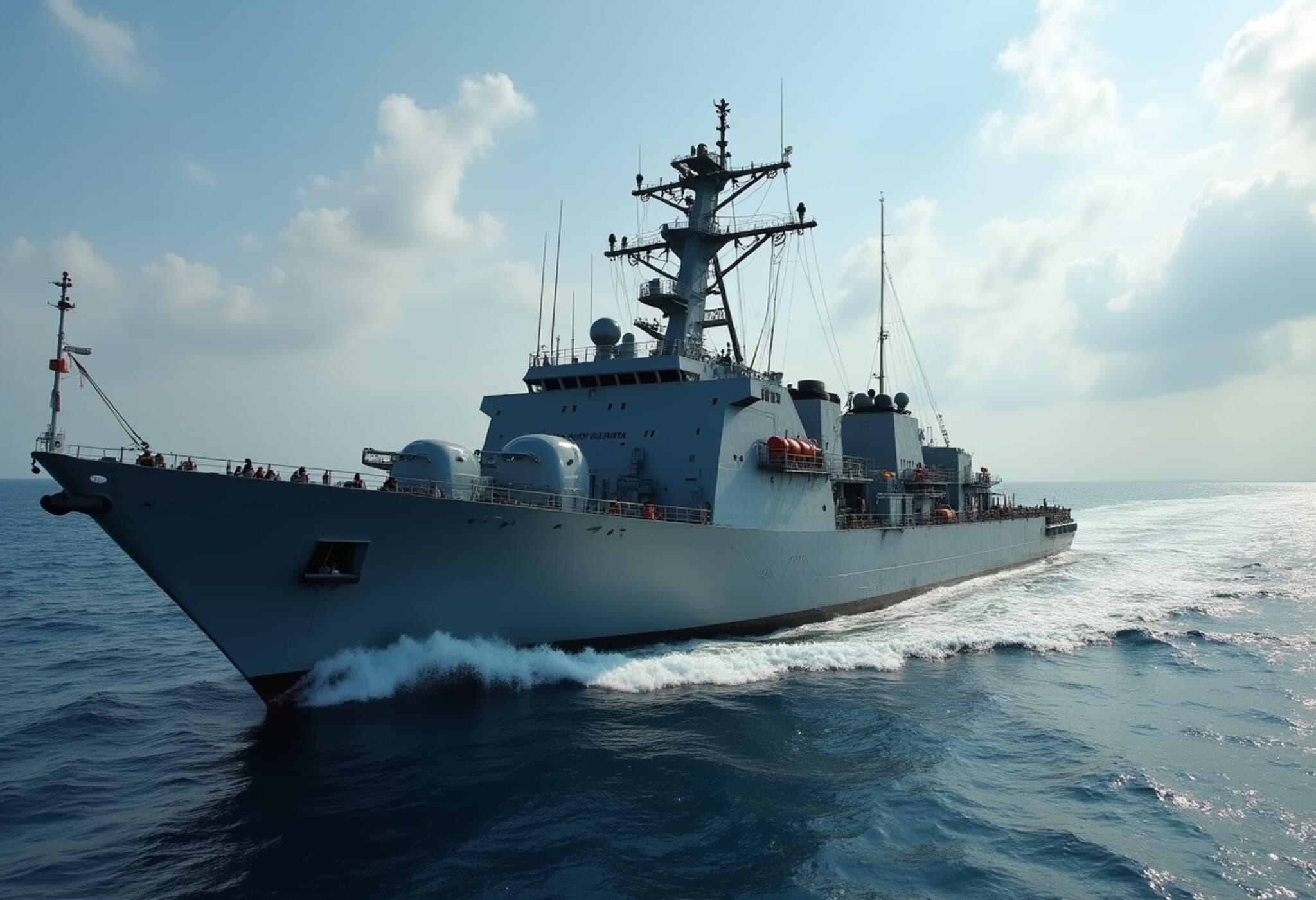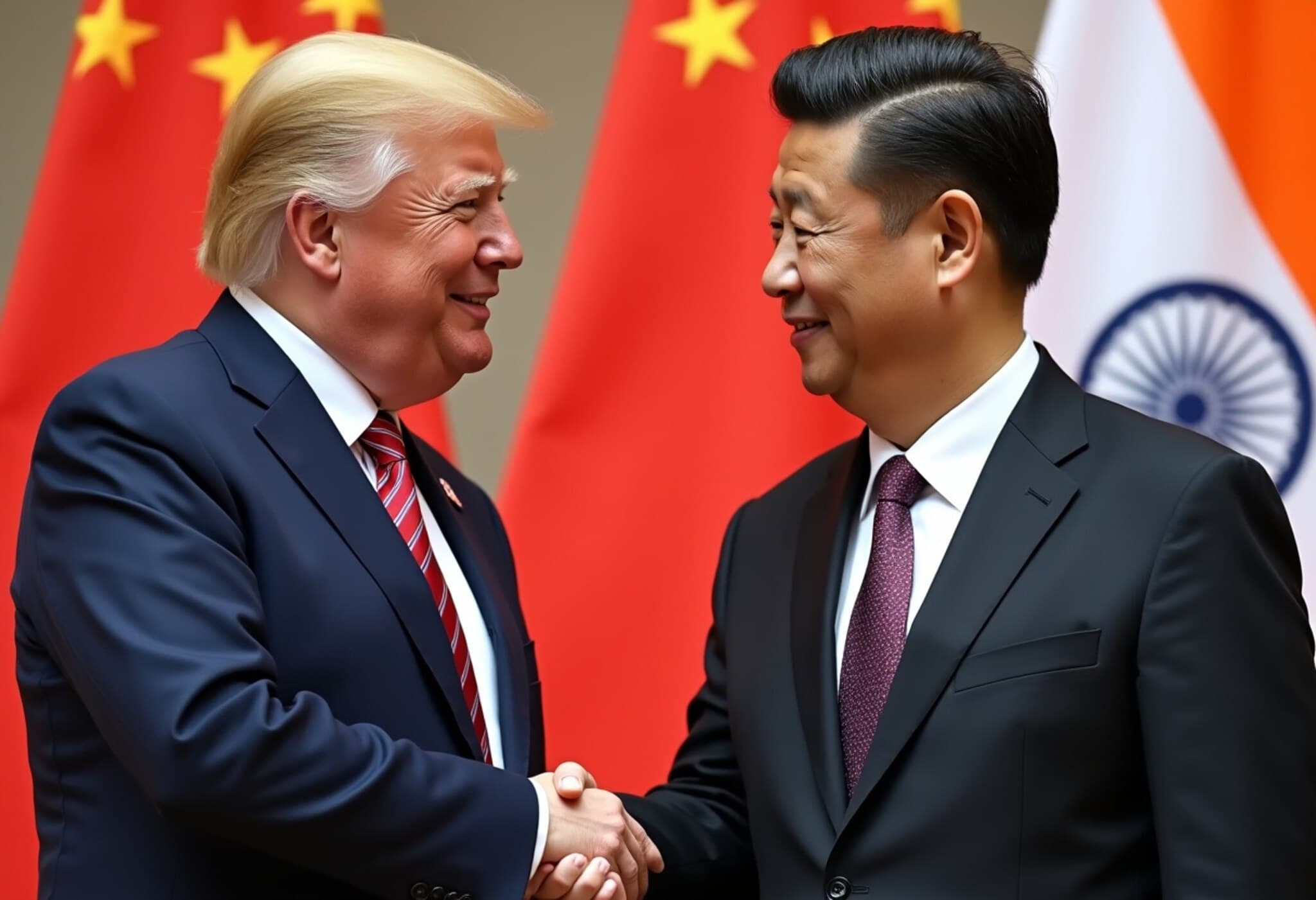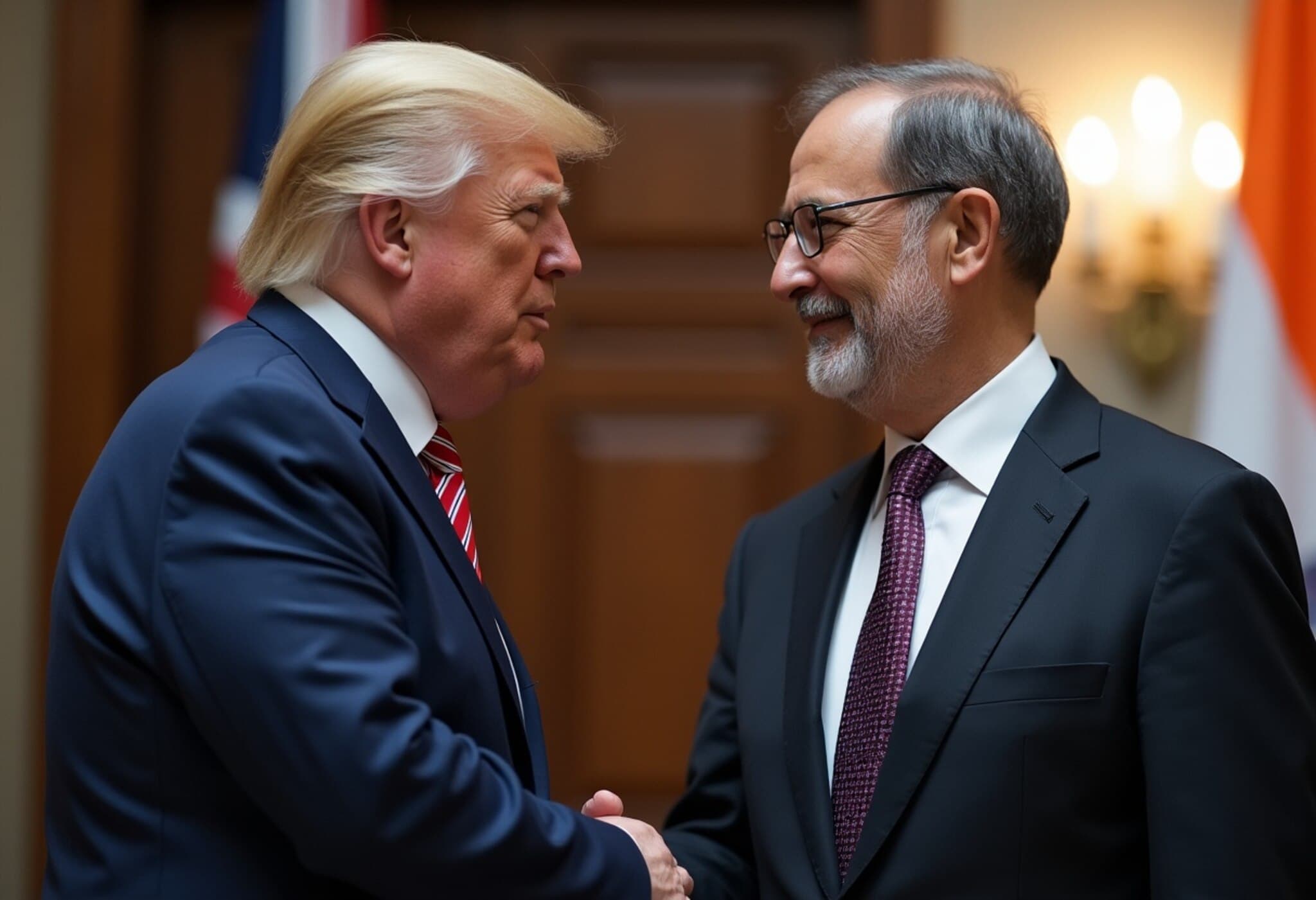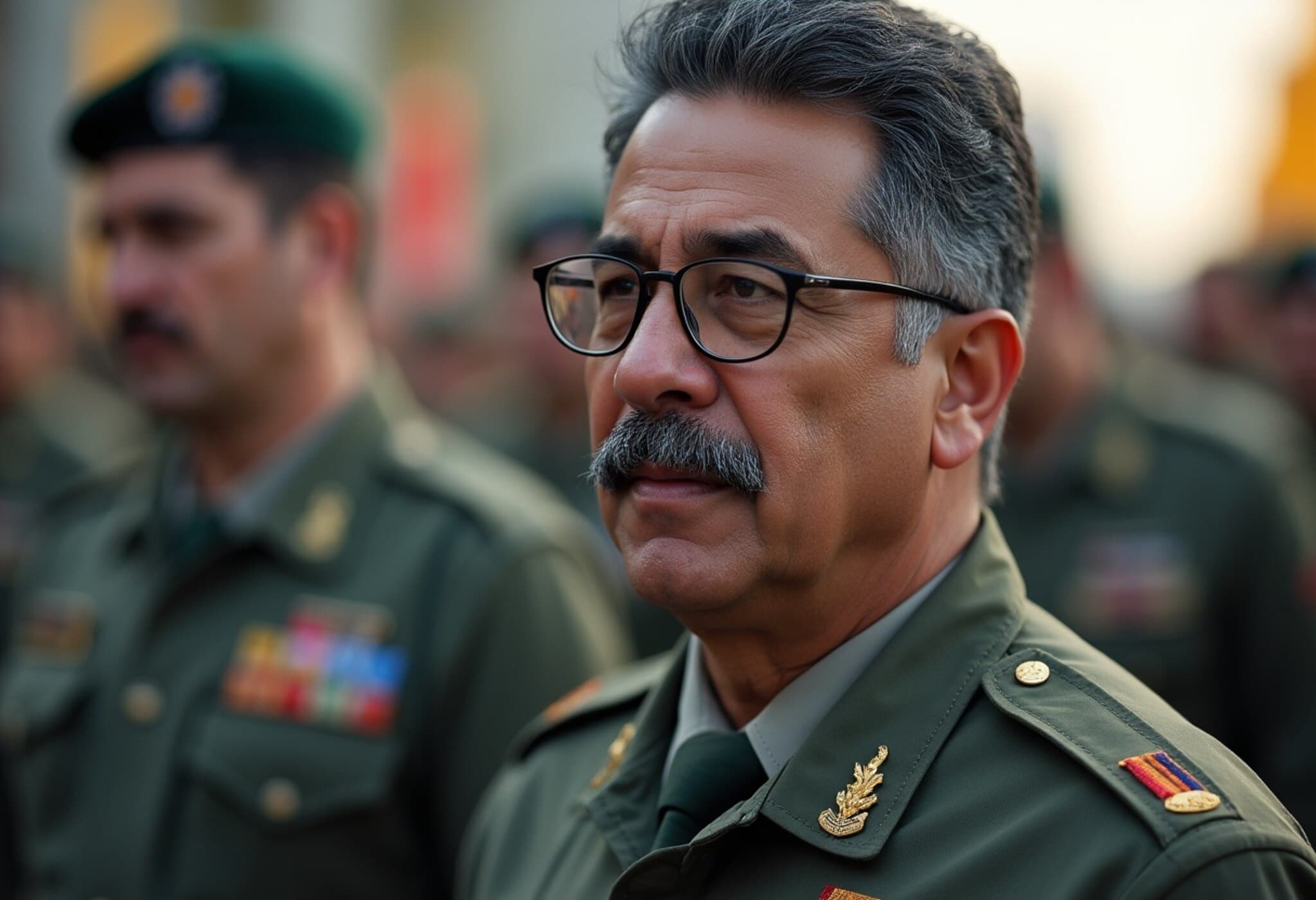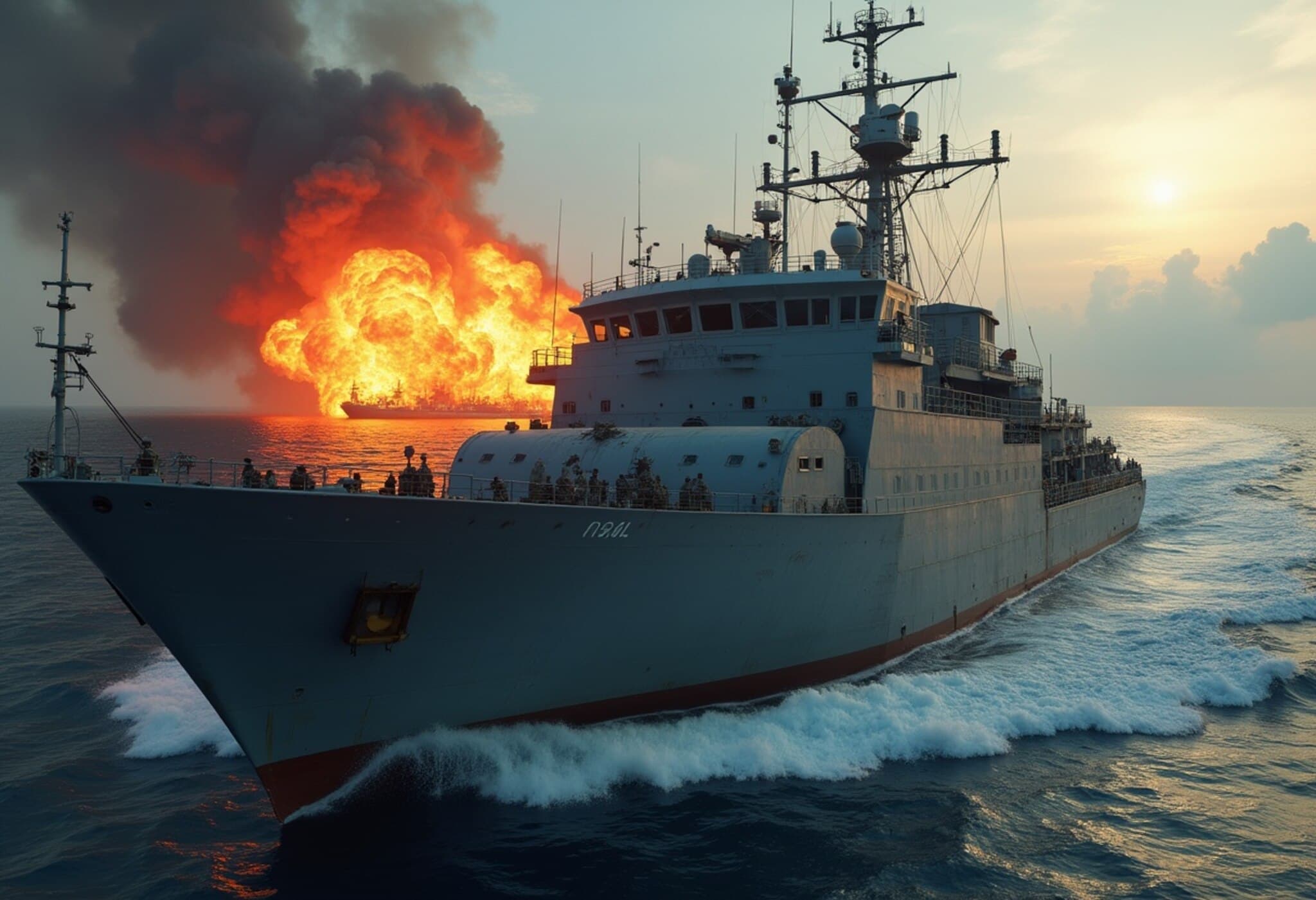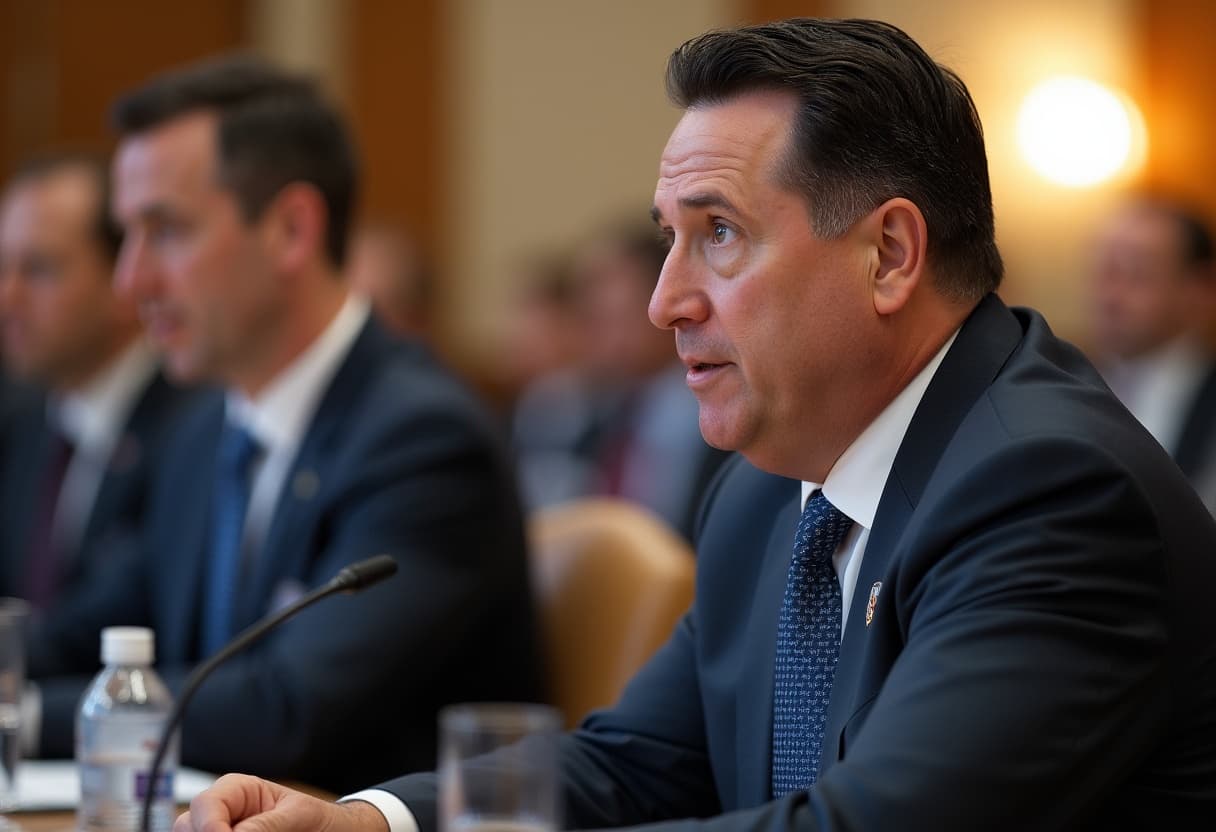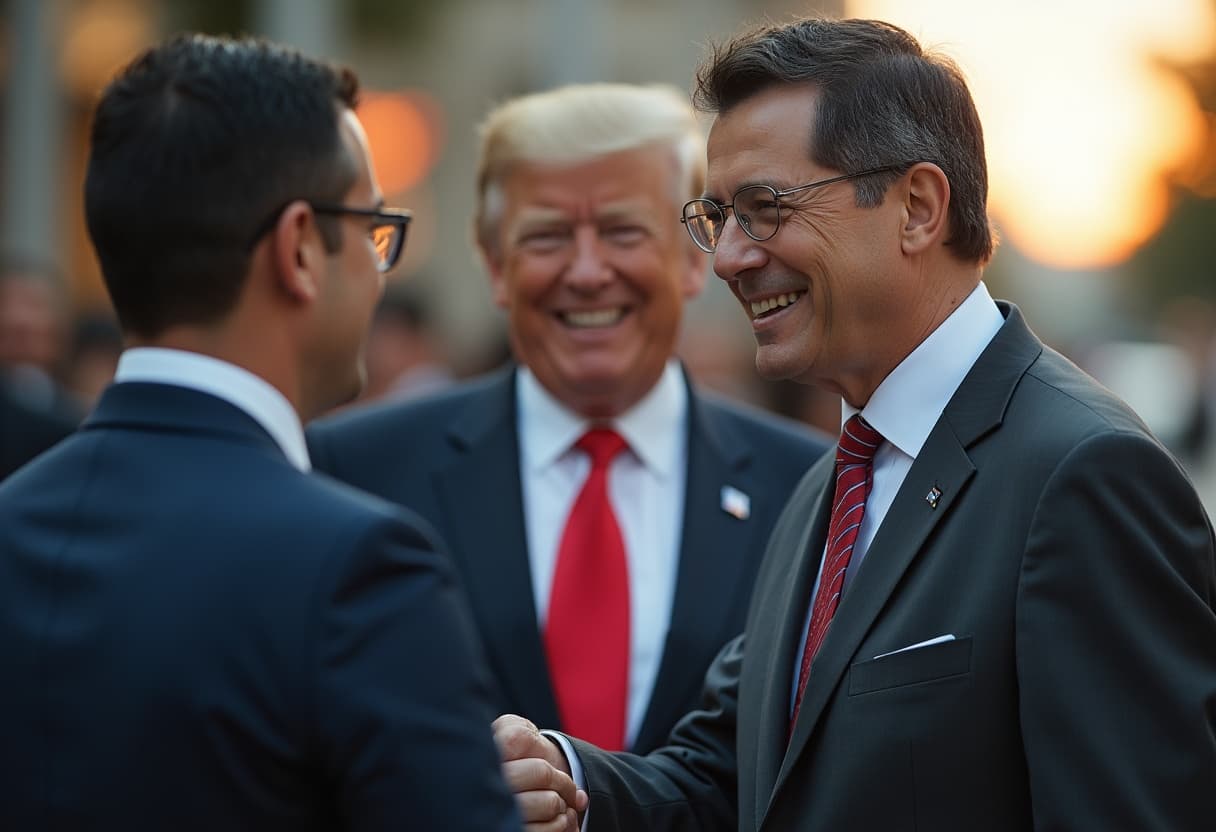US Naval Buildup in the Caribbean Stokes Diplomatic Strains With Venezuela
In a move signaling escalating geopolitical tensions, the United States has deployed an unprecedented naval force to the Southern Caribbean, a step that has drawn sharp rebuke from Venezuela. Washington asserts the operation targets Latin American drug cartels responsible for fueling the illegal narcotics trade and influencing migration patterns across the Americas.
Strategic Deployment: Scale and Purpose
The naval buildup, described by US defense officials as the most significant in recent memory for this region, includes seven warships and a nuclear-powered fast attack submarine. Key vessels such as the USS San Antonio, USS Iwo Jima, and USS Fort Lauderdale are participating, carrying approximately 4,500 military personnel, including over 2,200 Marines.
Additionally, US military aircraft like the P-8 Poseidon spy planes are conducting intelligence-gathering missions over international waters, underpinning a multi-dimensional effort to interrupt drug trafficking routes.
US Policy Context: Combating Drug Trafficking and Migration
Combatting drug cartels remains a cornerstone of the Trump administration’s Southern border and immigration strategies. US officials emphasize that targeting these organizations is crucial to stemming the flow of narcotics and curtailing illegal migration. The administration's designation of groups such as Mexico’s Sinaloa Cartel and Venezuela’s Tren de Aragua as global terrorist organizations has underscored its hardline approach.
White House Press Secretary Karoline Leavitt highlighted regional support: "Many Caribbean nations and countries in the region have applauded the administration’s counterdrug operations and efforts." Meanwhile, the White House has made clear President Trump is prepared to use "every element of American power to stop drugs from flooding into our country."
Venezuelan Government’s Response and Regional Implications
Venezuelan President Nicolás Maduro harshly criticized the US maneuvers, accusing Washington of violating international treaties by deploying nuclear submarines near Venezuela’s coast. Speaking to reporters, Maduro framed the US naval presence as a provocative threat, asserting, "Our diplomacy isn’t the diplomacy of cannons, of threats, because the world cannot be the world of 100 years ago."
In a show of internal resolve, Maduro’s government announced it would deploy 15,000 troops to border states adjoining Colombia, aiming to combat drug groups. This militarization signals Caracas’s perception of external pressures as justification for intensifying its own security tactics.
Maduro’s administration routinely alleges that domestic opposition and foreign agencies, such as the CIA, conspire to destabilize Venezuela, a charge rejected by both US authorities and Venezuelan opposition leaders. Economic sanctions imposed by the US are characterized by Caracas as an "economic war."
Expert Insight: Geopolitical and Legal Considerations
The US naval buildup in the Caribbean highlights a complex intersection of drug enforcement, foreign policy, and regional security dynamics. For American policymakers, the Caribbean remains a strategic chokepoint for narcotics trafficking and migration control. Yet, this militarized posture risks exacerbating tensions with Venezuela, a nation already grappling with economic crisis and internal strife.
From an international law perspective, Venezuela’s accusations regarding treaty breaches involving nuclear submarines raise critical questions about sovereign rights and freedom of navigation. The lack of public clarity on the precise mission parameters of US forces leaves room for diplomatic friction and complicates trust-building efforts.
Regional Perspectives and Underreported Angles
- While US officials tout broad regional support, some Caribbean nations express concern over increased militarization and potential escalation.
- The human cost of drug cartel influence—manifested in violence and displacement—is often overshadowed by the geopolitical contest between Washington and Caracas.
- Future US-Venezuela relations may hinge on balancing drug enforcement priorities with respect for Venezuelan sovereignty and regional stability.
Editor’s Note
This escalating US naval presence in the Caribbean, though rooted in combating drug trafficking, serves as a flashpoint exposing deeper regional anxieties. It invites reflection on how geopolitical power plays impact vulnerable populations caught between policy objectives and sovereignty claims. As the US pursues aggressive counterdrug strategies, ongoing dialogue and transparency will be essential to prevent misunderstandings from inflaming an already fragile situation. Readers are encouraged to consider the broader implications beyond headline rhetoric: How can drug enforcement coexist with respect for international law and regional autonomy?

